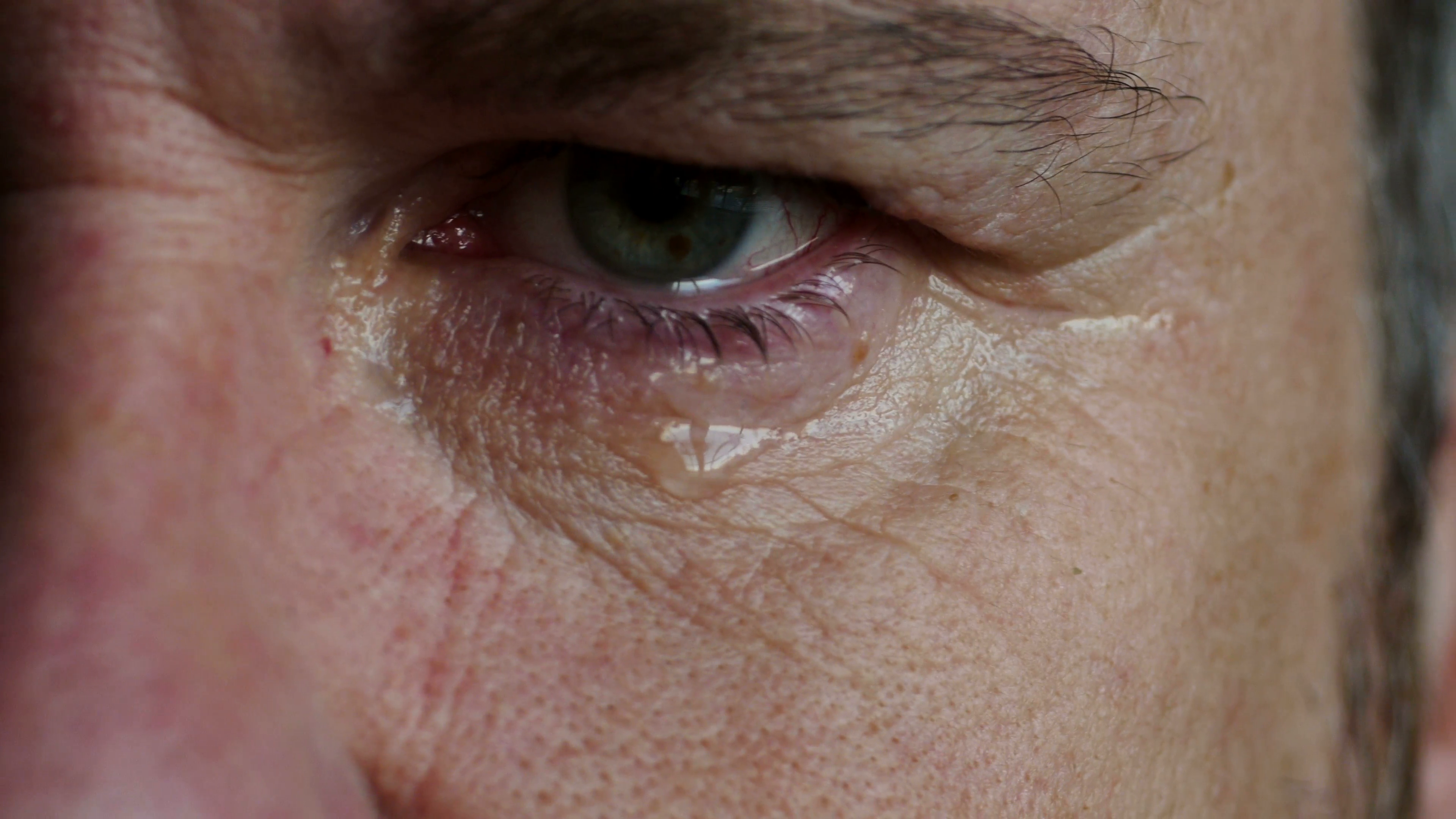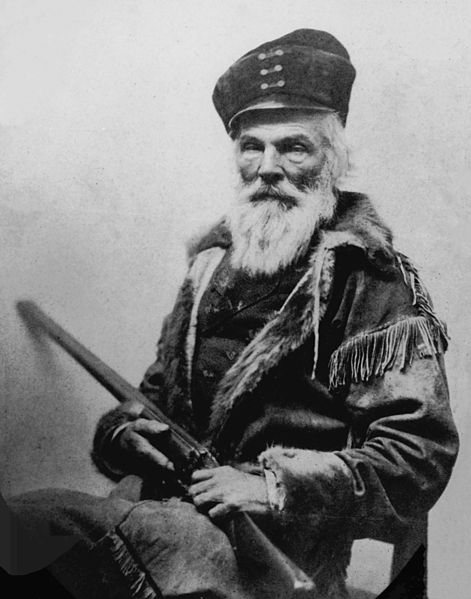You Yourself have counted my wanderings in advance, put also my tears into Your vessel; are they not also in Your counting? (Psalm 56:9).
King David lauds the power of tears here in the ninth verse of the fifty-sixth Psalm. Rav Shimshon Pinchas explains that the Almighty stores our tears in a special vessel to have them in reserve when we need them; these are tears that had been shed in prayer at other times, but the prayers that accompanied them had not been answered.We won’t always have the opportunity to weep for someone who is sick or who may find themselves in the middle of some other crisis; if we did not have our tears ‘in storage,’ so to speak, they would not be employed when needed. But now that the Master of the Universe has placed our tears in His vessel, at His disposal, those tears are often put to use even before we know about the trouble. Therefore, no prayer, and no tear, is in vain.
Why do we cry? What causes our tears?
 In general, we live our lives on a fairly even keel. When our souls exert extra emotion, however, we begin to cry. When someone dear to us passes away, we cry. When we attend the wedding of a loved one, we may cry. Though in one event the tears are connected with sadness and the other with joy, they both stem from the from the love and connection we feel with the individual.
In general, we live our lives on a fairly even keel. When our souls exert extra emotion, however, we begin to cry. When someone dear to us passes away, we cry. When we attend the wedding of a loved one, we may cry. Though in one event the tears are connected with sadness and the other with joy, they both stem from the from the love and connection we feel with the individual.
Interestingly, when tears form in one’s eyes, they blur the vision. In fact, the word b’kiya, crying, is rooted in the expression m’vookah, confusion. When the questions and confusion of life threaten to overwhelm us, we need just to cry out to God from the depths of our hearts, and He will annul all of our questions – and bring us closer to Him. The most exalted tears are those shed in our yearning to be close to the Almighty.
“You have counted the days of my wandering (my exile) in advance.” It was not the violence or scheming of men, but Your own providence that put me to the test, says David. The sense of the Hebrew is that God has counted out in advance the weeks, the days, and the hours during which we are appointed to endure trouble and trial. Even the tears of sadness are counted among the trials and tribulations which He has ordained and appointed for us in advance.
It is critical to bear in mind that the days appointed for our suffering and trials will come to an end, and though we may call upon God each and every day, we cannot know the day which He has appointed for the end of our troubles. But we can be certain that day will come, and although others may think that God has taken the side of our enemies, we remain confident beyond the shadow of a doubt that God allows us to suffer various trials only because He desires our welfare and has our best interests in mind.
Next to an old synagogue, there lived a heretic, who had long ago abandoned the synagogue and the community. He had many questions and few answers. He had endured many troubles and trials and blamed the Almighty for his suffering. Most of the people in the community looked upon the man with derision and contempt. Thus, instead of coming closer, he drifted farther from the truth.
One night, the bitter heretic heard crying as he had never heard before. He was surprised to discover that it was coming from the synagogue. His curiosity finally got the better of him and he decided to have a peek inside. What he was about to witness would have a profound effect.
Standing before the open ark was a young boy. The cries that poured forth were not sobs of sadness or depression, but cries of yearning and devotion. The man listened closely, trying to decipher what the boy was saying. Through the whimpering, he heard the child’s painful sobs: “Please, Master of the Universe, forgive me for my sins and help me better understand the Torah that I learn.” Each word that he uttered was accompanied by heaving and sobbing. The man watched, completely mesmerized.
But then, the boy had one more request: “And please, help the man next door see the wrong of his ways. Do not let his heart be filled with bitterness and questions. Help him to repent and turn back to You.” When the troubled fellow heard those sincere cries, his heart melted and he decided right then and there to change his ways.
David knew that our lives would be fraught with difficulty, frustration, and confusion. He revealed that one way to find solace, relief, and clarity during those times is through the precious gift of tears. Even when faced with the sternest decrees in the darkest days of our lives, we shall behold the hand of God and know that no tear goes to waste. Are they not in His record? May they strengthen and encourage us to conduct ourselves before Him with undiminished vigor and clarity of mind and spirit until that glorious day, known only to Him, when there is no more death, mourning, crying, or pain and every tear is wiped from our eyes.
Why do we cry? What causes our tears?
 In general, we live our lives on a fairly even keel. When our souls exert extra emotion, however, we begin to cry. When someone dear to us passes away, we cry. When we attend the wedding of a loved one, we may cry. Though in one event the tears are connected with sadness and the other with joy, they both stem from the from the love and connection we feel with the individual.
In general, we live our lives on a fairly even keel. When our souls exert extra emotion, however, we begin to cry. When someone dear to us passes away, we cry. When we attend the wedding of a loved one, we may cry. Though in one event the tears are connected with sadness and the other with joy, they both stem from the from the love and connection we feel with the individual.Interestingly, when tears form in one’s eyes, they blur the vision. In fact, the word b’kiya, crying, is rooted in the expression m’vookah, confusion. When the questions and confusion of life threaten to overwhelm us, we need just to cry out to God from the depths of our hearts, and He will annul all of our questions – and bring us closer to Him. The most exalted tears are those shed in our yearning to be close to the Almighty.
“You have counted the days of my wandering (my exile) in advance.” It was not the violence or scheming of men, but Your own providence that put me to the test, says David. The sense of the Hebrew is that God has counted out in advance the weeks, the days, and the hours during which we are appointed to endure trouble and trial. Even the tears of sadness are counted among the trials and tribulations which He has ordained and appointed for us in advance.
It is critical to bear in mind that the days appointed for our suffering and trials will come to an end, and though we may call upon God each and every day, we cannot know the day which He has appointed for the end of our troubles. But we can be certain that day will come, and although others may think that God has taken the side of our enemies, we remain confident beyond the shadow of a doubt that God allows us to suffer various trials only because He desires our welfare and has our best interests in mind.
Next to an old synagogue, there lived a heretic, who had long ago abandoned the synagogue and the community. He had many questions and few answers. He had endured many troubles and trials and blamed the Almighty for his suffering. Most of the people in the community looked upon the man with derision and contempt. Thus, instead of coming closer, he drifted farther from the truth.
One night, the bitter heretic heard crying as he had never heard before. He was surprised to discover that it was coming from the synagogue. His curiosity finally got the better of him and he decided to have a peek inside. What he was about to witness would have a profound effect.
Standing before the open ark was a young boy. The cries that poured forth were not sobs of sadness or depression, but cries of yearning and devotion. The man listened closely, trying to decipher what the boy was saying. Through the whimpering, he heard the child’s painful sobs: “Please, Master of the Universe, forgive me for my sins and help me better understand the Torah that I learn.” Each word that he uttered was accompanied by heaving and sobbing. The man watched, completely mesmerized.
But then, the boy had one more request: “And please, help the man next door see the wrong of his ways. Do not let his heart be filled with bitterness and questions. Help him to repent and turn back to You.” When the troubled fellow heard those sincere cries, his heart melted and he decided right then and there to change his ways.
David knew that our lives would be fraught with difficulty, frustration, and confusion. He revealed that one way to find solace, relief, and clarity during those times is through the precious gift of tears. Even when faced with the sternest decrees in the darkest days of our lives, we shall behold the hand of God and know that no tear goes to waste. Are they not in His record? May they strengthen and encourage us to conduct ourselves before Him with undiminished vigor and clarity of mind and spirit until that glorious day, known only to Him, when there is no more death, mourning, crying, or pain and every tear is wiped from our eyes.









4.5
[…] Source link […]
Insightful as always, rabbi.
Hey Rabbi B you don’t happen to be in the Bitterroot Valley by chance?